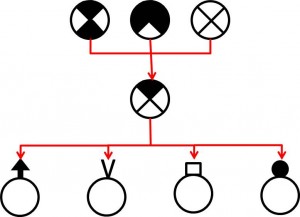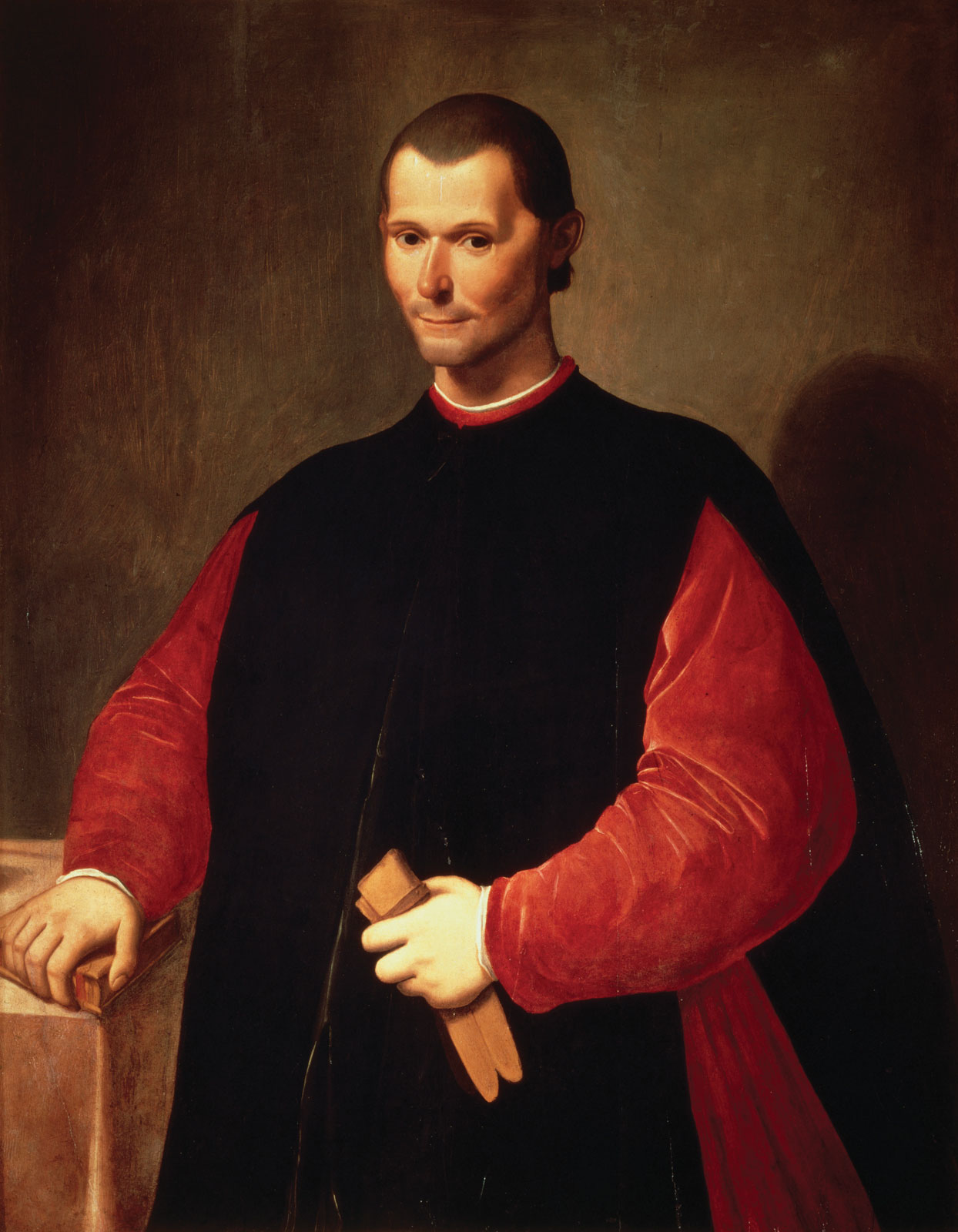That was a short trip. Should have taken at least a few weeks to get here. I guess with the time dilation that close to the speed of light my experience was different from yours… anyway…
The Layman’s Summary (or A Preview of Things to Bum)

The Big Bad Little Useless Government
So why can’t we just back off of Syria and let the UN march in? Let’s take a step back and have a look at what we originally said the UN was for. Fundamentally, it is supposed to be a global peace-keeping body, which is easily understood as a world government. Why? For the same reason that Huangdi, the United Kingdom, and United States became national governments; to keep their citizen-states from killing each other.
From Miriam-Webster:
govern: to officially control and lead (a group of people) : to make decisions about laws, taxes, social programs, etc., for (a country, state, etc)
While it can be argued whether or not the UN actually “leads,” it (in conjunction with its constituent nation-states) does make decisions about international law, economics, and human rights. So we should accept that the UN is a government. It is the definition of a small (and basically ineffectual) government, but it is a government. Say it. You’ll have to come to terms with that. Once you drink that Kool-Aid, then it’s time to ask a predictable question: Does the UN exhibit the characteristics that it needs in order to succeed? No.
Wait, don’t stop reading. There’s hope yet. Let’s look at three things that the UN is missing that ALL successful governments have.
One Currency
In The World Is Flat, Thomas Friedman explained how important it was to world peace that nations be economically tied to one another. There are a lot of different currencies in the world today and each came about due to the realization that smaller, local currencies made trade a real pain in the tookus.
The UN, our world, needs one currency, one measurement standard (we appear to be the only serious hold-outs on metric in the developed world), and one intellectual rights protection system. These simple options, already knocking at the door, streamline virtually all types of exchange.
If you’re worried that this will negatively effect your cost of living, compare the difference in the cost of a cheeseburger in New York City to one in rural Indiana. Same dollar, different prices. Your penthouse is safe.
More Executive Power
Have you ever been handed something important and complicated but not given sufficient freedom and trust to use it? It’s like being handed a goldfish in a bowl but not being allowed to handle the fish food for fear that you’ll overfeed it. It’s like being handed a rifle but not being allowed to keep it loaded while on watch (Like Having A Gun With No Bullets).
You have the responsibility of caring for people, property, and principles that you have no authority to protect. That’s what it’s like to be the Secretary General of the UN (UNSG). This sounds a little like a speech I’ve heard before…
He’s not technically wrong, but that doesn’t mean he’s not an a-hole. I mean he was going to let two young Marines take the fall for his decision; good or bad.
So, currently the governing organizational model looks like this:

Does this look familiar? Probably not unless you read The Marine Cell – Pocket Guide. This the board model, the way most manufacturers (automobiles, for example) are organized. In this example, the three ranking members at the top perform managerial tasks and compel one lower-ranking member (the guy in the middle) to make everyone else (predictably at the bottom) produce whatever it is that they produce (in the case of the UNSG, peace). This essentially makes the Secretary General the person that other nations tell what to do and the person that we complain to. Both the top and the bottom complain, all while opportunities are missed, tragedy goes overlooked, and little real development takes place.
The UNSG needs the authority to get things done. Now, I’m not about to hand over limitless control to someone like royalty. But I am willing to give someone that we elect more freedom to lead as long as that comes with some caveats.
For starters, the more powerful a position, the shorter must be the time that a single person should hold that position. Currently, the Secretary General works in 5-year terms with no limit to the number of terms. If you’re going to give that position more power, then you have to reduce the duration of its influence. I suggest a 2-3 year UNSG post. Do one great thing and then get the hell out. If people like you, you’ll get one more shot at it. Then that’s it. You’re done.
That probably sounds like a lot of elections, a lot of chaos, and not a lot of productivity. Ask me about why it isn’t.
Military Might
This is what I want to talk about. I want to focus on military might, as that is the pressing subject. I may later revisit the previous two points about Currency and Executive Power. Remember, I’m just an email or a comment away if you’re impatient.
The UN is an almost entirely pacifist enterprise. Pacifism is a wonderful idea but peace does not exist except where someone is willing to fight for it. Absolute non-violence should no more be the guiding principle for a government than should militarism.
Simply, the body that is to govern must have the physical authority and ability to govern. Those who are to be governed must have the physical ability to resist being governed when the governing body does not govern according to their ideals. The struggle between these two equal forces creates a natural balance.
The current UN Peacekeeping Forces (the blue hat guys) are an absurdly small organization, with divided loyalties. They are units borrowed from donor countries for a service stint. This is a good transitional solution, but the transition was never completed. The result is that troops on the ground can’t be trusted to take the initiative when faced with problems. The irony is that, had they been sent to these dangerous places by their own countries rather than under the auspices of the UN, they likely would have had more freedom to do the right things.
A standing military with the ability to mobilize additional population is an absolute requirement (and here I am resisting the urge to go into Machiavelli’s take on the size of the military, addressing classic district and state-level warfare and how it has gone away… but I digress). That standing military and its reserves must be able to act for its own self-preservation and for the preservation of innocent life, with greater import to the latter. That is an aspect of wearing a uniform that all soldiers of worth take for granted.
So what does it all look like?
-
I see a UN Army and Navy with associated services such as Marines, and requisite Air Services. Nations should maintain their own armed forces including a coast and national guard.
-
I see a volunteer force that speaks a single common language, a force that any citizen can join, with a preference for those who have already served their own nation.
The obvious question here is the same one that the founding fathers had to ask:
Just how strong should this military be?
How big should the UN armed forces be? That’s a tough question. I don’t know. But it’s a dialog that needs to be seriously had. I’m going to go out on a limb here and say that it’s undeniably much too small now.
Given our Texas analogy from The Crossing, let me proffer one example that leads to careful consideration of the answer: The US Civil War. How big should the federal army be compared to the state militias?
Inconclusion
Alas, I can’t answer every question about how it should all work. Just because I left a lot of what I think out doesn’t mean that I have all (or even most) of the answers. Many of the “hows” should be discussed in great depth by people far better informed than I. That said, I don’t think this is reinventing the wheel.
World government understandably scares some people. Maybe a lot of people. It’s huge, really huge, and our government doesn’t imbue us with great faith that huger government will be better, just harder to fight back against. If we can’t do good government at the state or national level, what makes us think we’ll get it right on the international level?
A few things about that:
The world is trying to fight itself. They may not be stirrings of another world war but they are significant. They are people looking for a slice of our collective future. They want stability and opportunity and they are willing to kill or die for it.
They are justified in wanting it. Wouldn’t you be? Without realizing it, they are pining for an international government in the way that other peoples once unknowingly pined for a national government; something that will protect them from the predators in the world so that they can leave their imprint on it.
We like to state that America is the leader of the free world. America was not elected or chosen by any method to fill that role. It just happens to be the strongest kid on the playground. It’s not a “free world” if the leadership of it is determined by the nation with biggest military. Because there’s a pretty good chance that it will not always be us.
For the future of human civilization, we must have world government and it must work.
-CG
Addendum: I wrote a ton of material for this piece with great arguments and comparisons around every turn, and about 25% made it in. If you finished reading this and said, “Whew, so glad that’s done,” or if you didn’t make it down this far, then your work here is done. However, if you made it to the end and said, “I… think about half of that needs watering down,” let me know in the comments or in an email. I’m happy to pull out my notes, wherever they’re hiding. There’s a pretty good chance you’re right.
Also, if you came up with any interesting state:nation substitutions, I’d LOVE to hear them. Personally, I like The People’s Republic of Arkansas. Anywho, on that note…
Be well.
-CG
Bibliography
I haven’t been including my sources, but I suppose that’s just been laziness on my part. Although I didn’t include citations above, I fully planned to use all of the resources below in the longer trilogy series of posts.
Government
The United Nations; http://www.un.org/english/
Secretary General; http://www.un.org/sg/sgrole.shtml
UN History; http://www.un.org/aboutun/basicfacts/unorg.htm
League of Nations; http://en.wikipedia.org/wiki/League_of_Nations
Collapse, Jared Diamond; Viking 2005
UN Flubs; http://listverse.com/2013/01/28/top-10-failures-of-the-united-nations-2/
Economics
Chinese History; http://www-chaos.umd.edu/history/imperial.html#first
The European Central Bank; http://www.ecb.eu/home/html/index.en.html
The European Commission; http://ec.europa.eu/economy_finance/the_euro/index_en.htm?cs_mid=2946
Greed is Good, Jonathan Hoenig; HarperCollins 1999
The Hydrogen Economy, Jeremy Rifkin; Putnam 2002
Price Theory, Jack & David Hirshleifer; Prentice Hall 1992
The World is Flat, Thomas Freidman
Human Behavior (Global Warming, Terrorism, Overpopulation, Cultural Concerns, etc)
World Population (current and forecasted); http://data.un.org/Data.aspxq=world+population&d=PopDiv&f=variableID%3a12%3bcrID%3a900
World Population (grow rate); http://data.un.org/Data.aspx?q=world+population&d=PopDiv&f=variableID%3a47%3bcrID%3a900
Guns, Germs and Steel, Jared Diamond; Vintage 1998
Chemical Warfare Defense; MCI 576.d
The EPA; http://www.epa.gov/climatechange/
Military Concerns
US Marine Corps Warfighting Concepts for the 21st Century; Concepts Division, Marine Corps Combat Development Command
The Art of War, Niccolo Machiavelli; Revised by Neal Wood 1965 (could also fall under Government)
Uncle John’s Unstoppable Bathroom Reader; Bathroom Reader’s Institute 2003
Military Studies; MCI 8201
Future War, John Alexander; St Martin’s 1999

